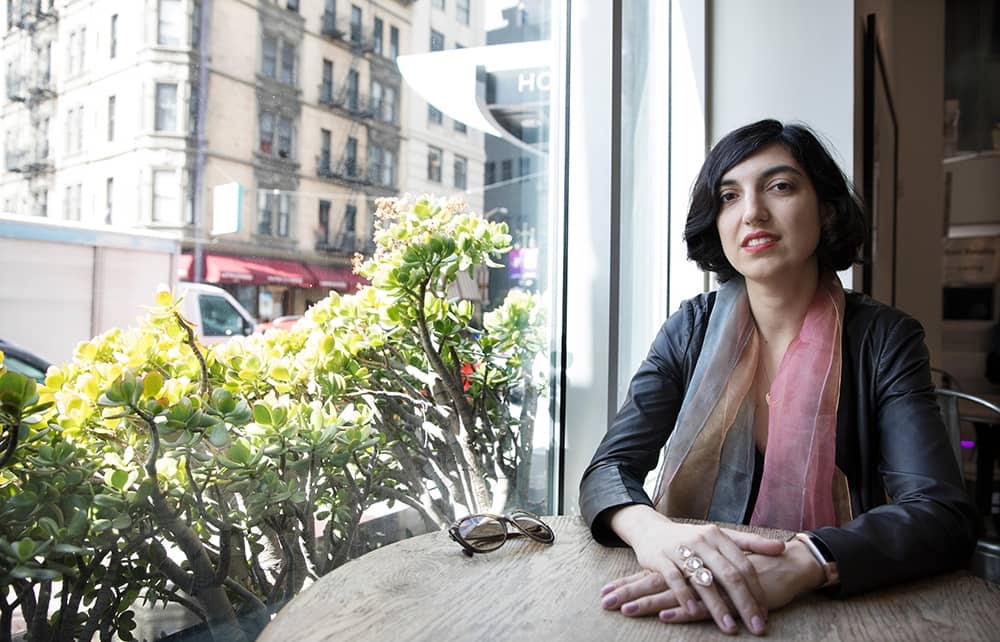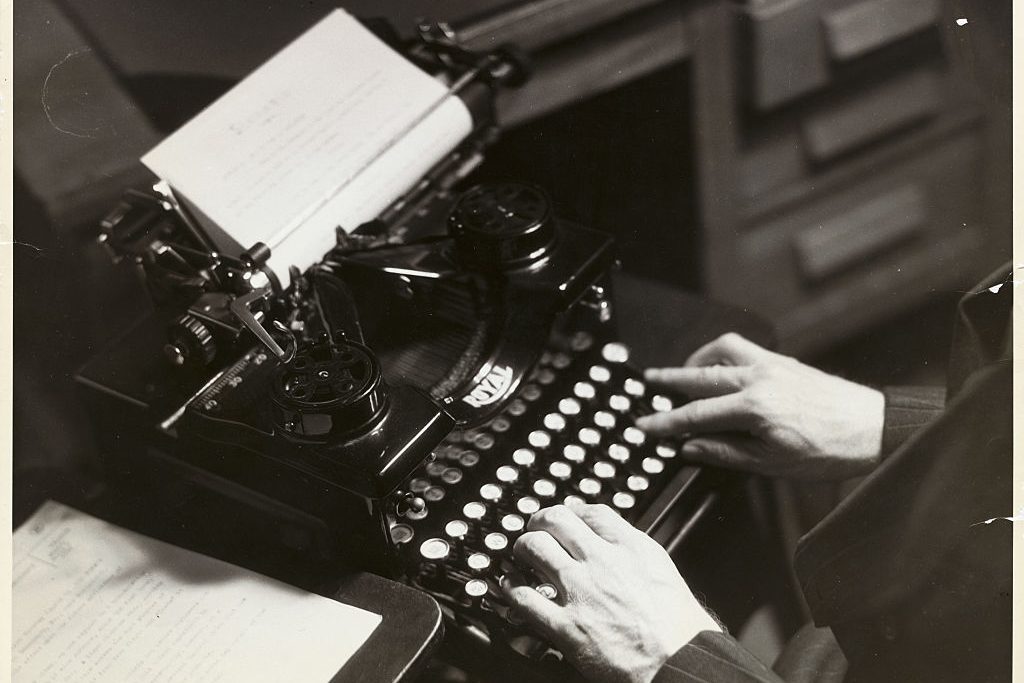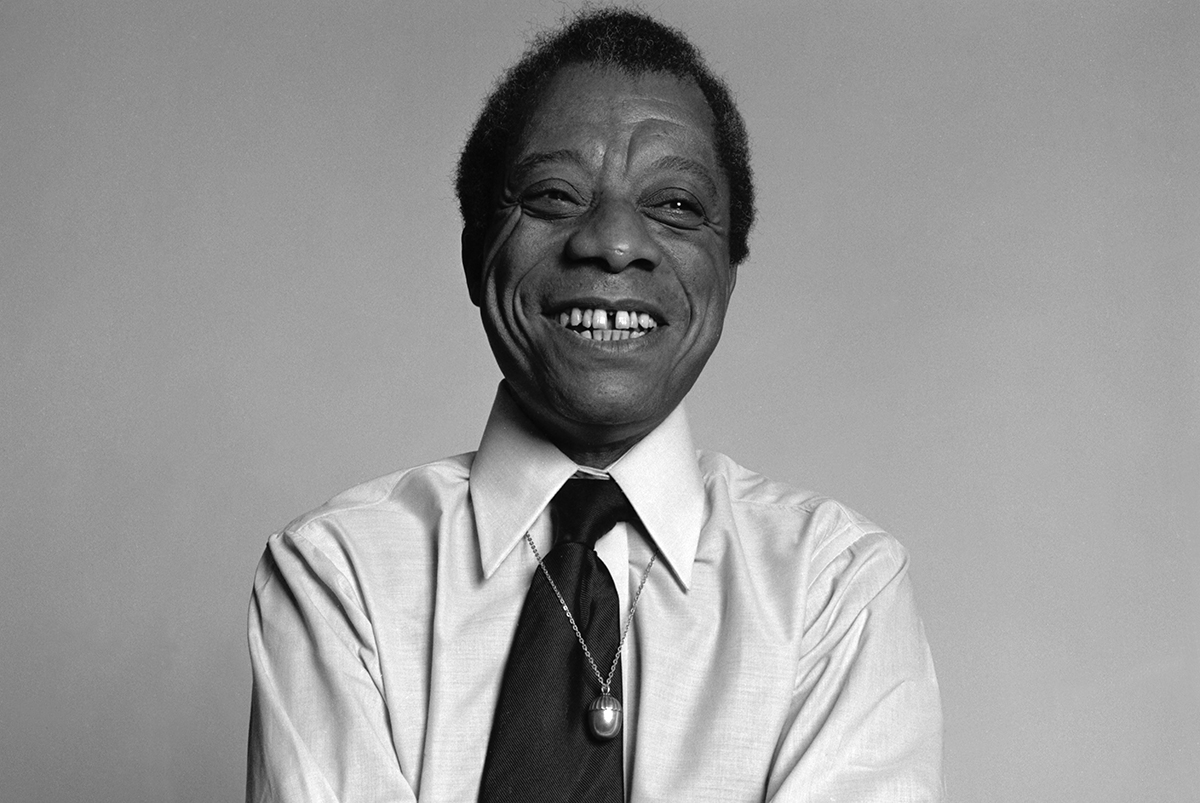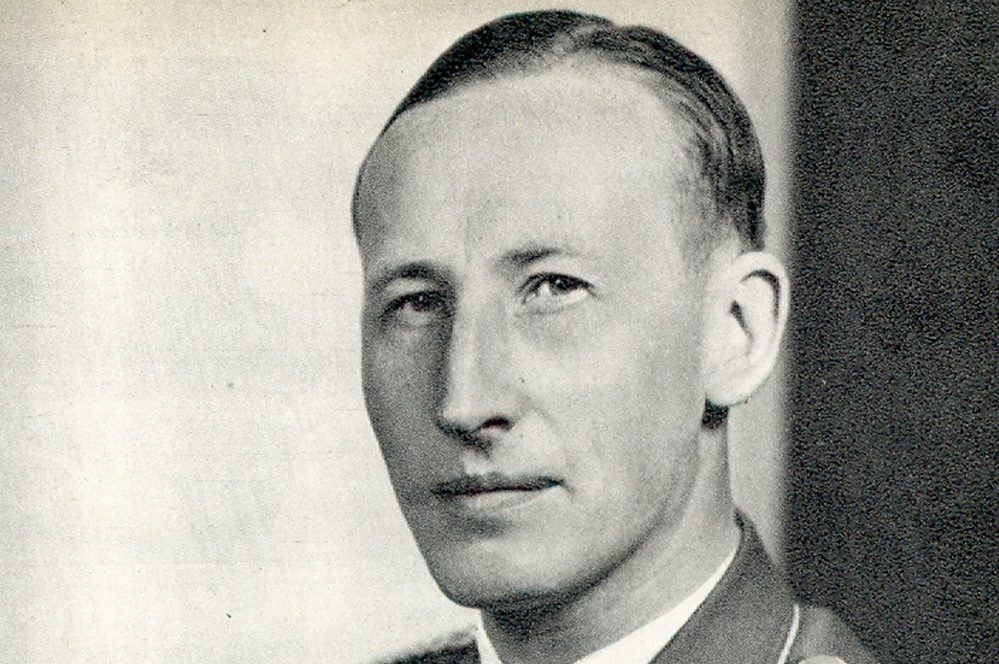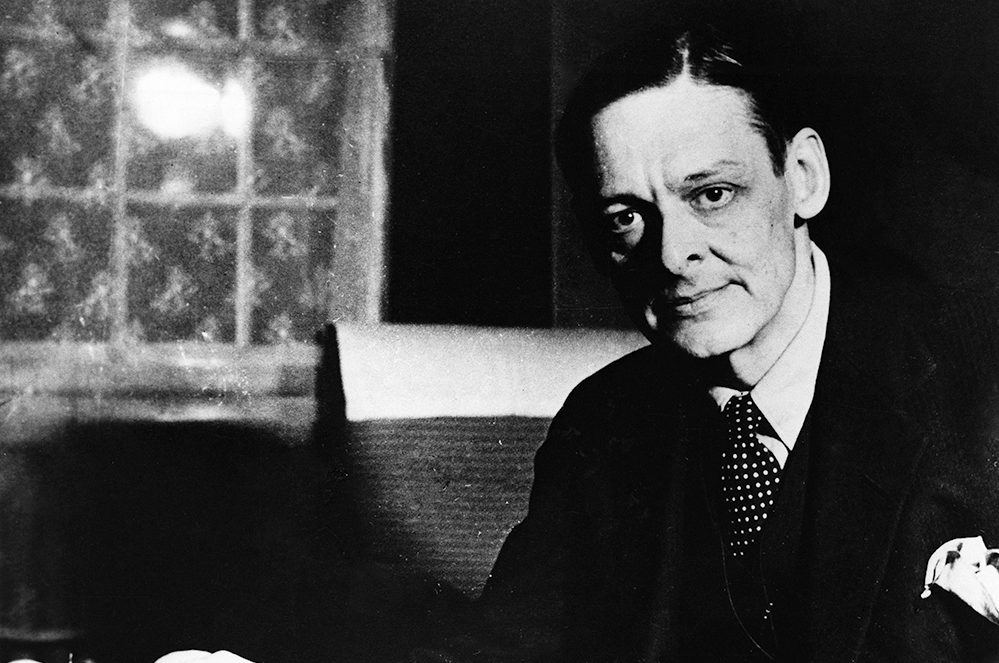In this delightful sequel to her semi-autobiographical novel The Idiot (2017), which was a finalist for the Pulitzer Prize, Elif Batuman returns to Harvard to follow her protagonist Selin during her sophomore year.
Selin has spent the summer of 1996 teaching English in Hungary, trailing her friend Ivan. Her crush on him remains unrequited and unconsummated, but she is determined to make up for lost time by having “interesting love experiences” this year.
The Idiot was preceded by The Possessed, a New York Times bestseller about Batuman’s fascination with Russian literature. While her first two books take their titles from Dostoevsky, Either/Or refers to Kierkegaard’s treatise on the pros and cons of an aesthetic life in pursuit of pleasure vs an ethical life of duty and marriage. An aspiring writer, Selin is drawn to the former, and disappointed to find that ‘most people’s plan was to have children and amass money for them’.
Perhaps in response to criticism of the chasteness of The Idiot, in which Selin remained a virgin, there’s more action in Either/Or. She loses her virginity unceremoniously to a guy called “the Count,” attends an S&M-themed party and has a summer romance in Turkey. Most of the sex is realistically awkward, with some bordering on what might now be classified as assault. But we are pre-#MeToo, and Selin chalks it up to experience.
Just as The Idiot captured the miraculousness and miscommunications of early email before it became a scourge, Either/Or continues to play with the mishaps of nascent media. Selin thinks she is messaging Ivan over Unix’s talk feature, but turns out to be chatting to his ex-girlfriend. When the ex asks “Who are you?,” Selin mistakes it for a metaphysical question. It’s the enquiry at the heart of the novel, which Selin ponders via the books on her syllabus, including André Breton’s Nadja, as well as less highbrow contemporary culture.
Batuman has a formidable deadpan wit, and reading the book captures the university experience, with ample time for philosophizing. Selin is not only an astute observer but displays a touching capacity for awe. Marveling at a matchbook she receives with a packet of cigarettes, “an actual little book, with a staple,” she thinks: “For free. The thing Prometheus had paid for with his liver.”
Some may wonder if the stakes are high enough in this campus novel. But for the young, what could possibly be more pressing than probing how one should live?
This article was originally published in The Spectator’s UK magazine. Subscribe to the World edition here.



